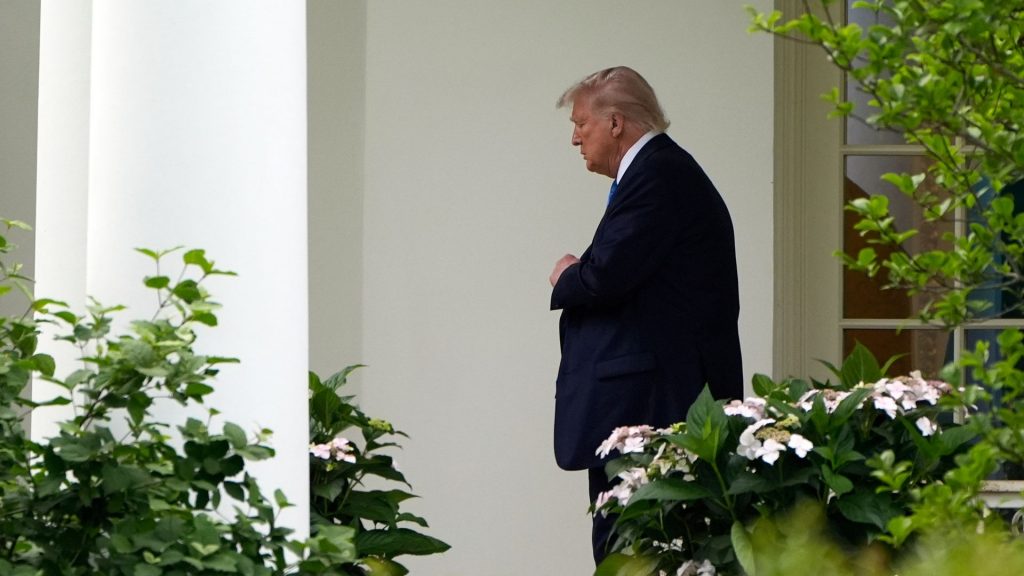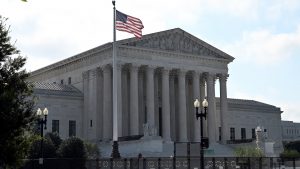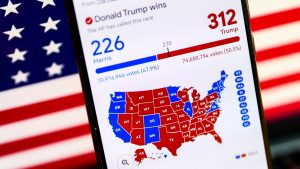‘I’m not a lawyer’: Trump dodges question about due process rights

Following a string of high-profile detainments and deportations that critics say eschewed due process, President Donald Trump is saying he isn’t sure if either U.S. citizens or noncitizens should be granted the Constitutional right. The comments came during an interview with NBC’s “Meet the Press” that aired Sunday, May 4.
‘I don’t know. I’m not a lawyer’
When asked by host Kristen Welker if both U.S. citizens and noncitizens should be protected by the Fifth Amendment’s right to due process, Trump said, “I don’t know. I’m not, I’m not a lawyer. I don’t know,” adding that he has “brilliant lawyers … and they are going to obviously follow what the Supreme Court said.” In April, the U.S. Supreme Court blocked deportations under the Alien Enemies Act until further notice.
The 5th and 14th Amendments
The Fifth Amendment was ratified by Congress in 1791 and promises U.S. citizens several rights, including protection from self-incrimination, guaranteed due process and equal protection before the law, access to grand jury trials, and financial compensation if the government seizes private property.
Similarly, the 14th Amendment guarantees equal protection of the law to “any person within its jurisdiction,” a caveat that applies to everyone regardless of their immigration status.
Due process and detainment, deportation
Due process and the Fifth Amendment have become a flashpoint in the Trump administration’s mass deportation effort. The president maintained during Sunday’s interview that he’s trying to deport “some of the worst, most dangerous people on Earth,” but that the courts are blocking his efforts.
“I was elected to get them the hell out of here, and the courts are holding me from doing it,” Trump said.
Critics, however, say that some of those targeted, including U.S. citizens and those without any criminal history, didn’t get their day in court. Moreover, they’re arguing that those who are being detained and deported are not the most dangerous people on Earth, but rather mothers, a makeup artist, children and valued community members.
Figures like Kilmar Abrego Garcia, a Salvadoran national who has been at the center of a debate over alleged gang affiliation and court orders protecting his status as a U.S. resident, as well as Mahmoud Khalil, a recently detained Columbia University graduate student and pro-Palestinian organizer, have become symbols of anti-deportation movements. Their supporters accuse the White House of “kidnapping” and “disappearing” migrants and foreign nationals who are living in the country legally.
Likewise, the U.S. Supreme Court ruled in early April that every person at risk of being deported must be given “reasonable time” to challenge their deportation, thus ensuring their right to due process. However, recently unsealed court documents revealed that the White House’s window for contesting a deportation was just 12 hours.





